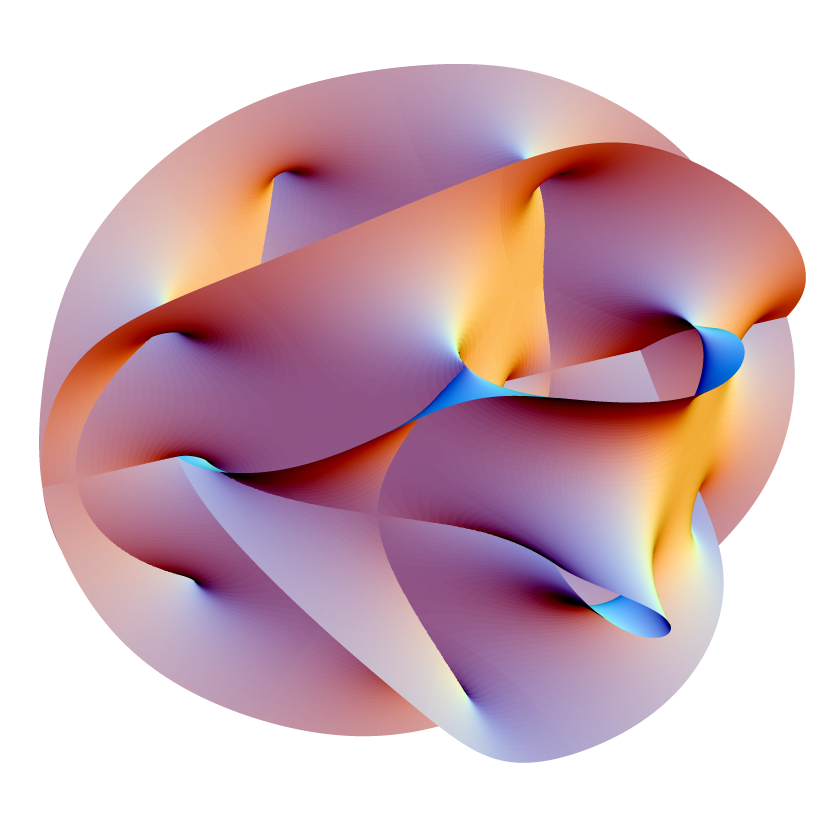Cost Action CALISTA

The extended project title is "Cartan geometry, Lie, Integrable Systems, quantum group Theories for Applications", see webpage and also here for more details.
Symmetry is a central unifying theme in mathematics and physics. This Action focusses on symmetries realized through Lie groups and Lie algebras. In addition to the spectacular achievements in representation theory, and differential geometry, Lie theory is also exceptionally important for the formalization of fundamental physical theories. CaLISTA aims to advance cutting-edge research in mathematics and physics through a systematic application of the ideas and philosophy of Cartan geometry, a thoroughly Lie theoretic approach to differential geometry. In addition to making major progress in Cartan geometry itself, CaLISTA aims to develop crucial applications to integrable systems and supersymmetric gauge theories. Quantum groups and their quantum homogeneous spaces come into the play as a bridge between these topics: quantum groups stem originally from the R-matrix formulation in integrable systems, and their homogeneous spaces offer prototypical examples of noncommutative parabolic geometries. Parabolic geometry is the first and possibly the most important example of Cartan geometry, and one of the main aims of CaLISTA is to obtain a quantum generalization.
Surprisingly, Lie theory and Cartan geometry play a role in an exciting new interpretation of the differential structure, and related dynamics, of models for popular algorithms of vision like Deep Learning and the more recent Geometric Deep Learning. CaLISTA aims to investigate and improve on these techniques. CaLISTA will provide essential mathematical models with far-reaching applications, placing Europe among the leading actors in these innovative research areas.
Members:
Financial/grant information:
Project CA21109 supported by COST European Cooperation in Science and Technology